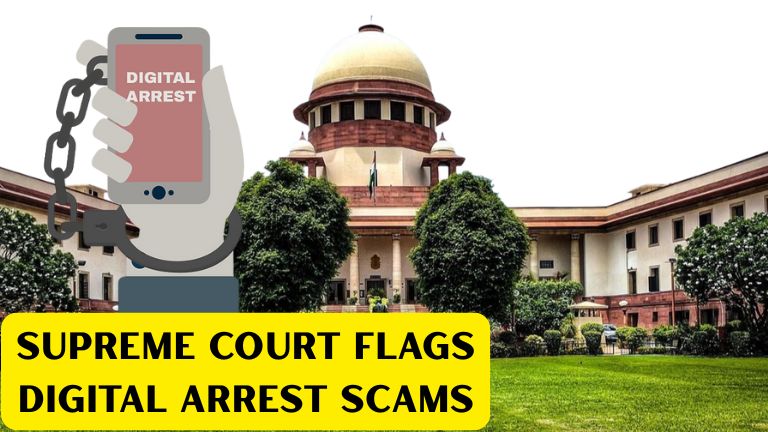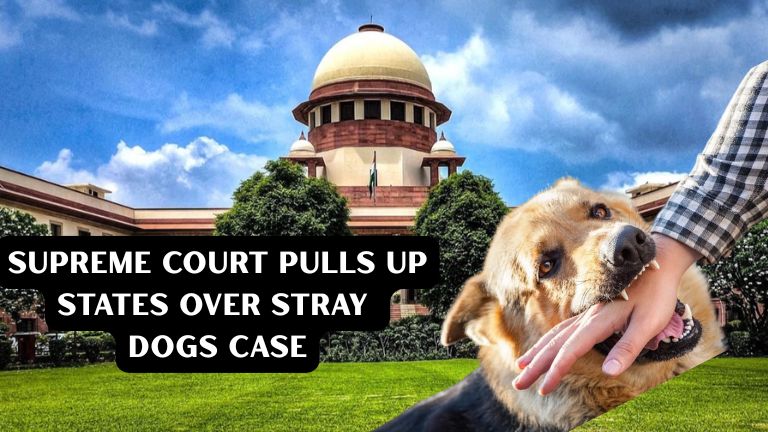@JUDGMENTTAG-ORDER
P.D. Sharma, J.@mdashThe Punjab Co-operative Bank Ltd., hereinafter referred to as the Bank, in their petition under Articles 226 and 227 of
the Constitution of India have prayed for quashing of an order passed by the Industrial Tribunal, Punjab, respondent No. 2, on 17th March, 1967
on an application filed by the Workmen of the Punjab Co-operative Bank Ltd, respondent No. 1, annexure ''D''. The facts giving rise to it briefly
stated are these. The Central Government referred to respondent No. 2, the question whether the petitioner-Bank was justified in not paying hours
to its workmen for the years 1956, 1957, 1959, 1960 and 1961, in pursuance of the directions contained in the award or the National Industrial
Tribunal, Bombay, dated the 21st July, 1962. On 13th November, 1986, respondent No. 1 applied to respondent No. 2 that the Bark should be
directed to produce amongst others also certain documents relating to the provision made for debts considered bad and doubtful, copy annexure
''A''. The Bank in their reply dated the 23rd November, 1966, annexure ''B'', to the above application offered to procure such documents as were
relevant and admissible and the pro duct ion thereof was not prohibited by law. The Tribunal passed a provisional order on 23rd November,
1966, that the management of the Bank should see if they could under the law produce the documents referred to by respondent No. 1 in their
application dated the 13th November, 1966. failing which it proposed to pass a regular order alter hearing the parties. The Bank allowed the
representatives of the workmen to inspect such documents which were legally permitted. It is alleged that the inspection of all documents relating to
bad and doubtful debts or which were not admissible and relevant under the law was not allows d to the representatives of respondent No. I, On
24th December, respondent No. 1 made another application, annexure ''C'' for production of documents stated therein. These documents related
to bad and doubtful debts. The petitioner-Bank in reply to this application pleaded that the documents mentioned in paragraphs 1, 2, 4. sub paras
(2) and 3) of 6, 7, 10, 13, 14, 18 and 20 were of a confidential nature and the production of the same was prohibited u/s 34 A(1) and (2) of the
Banking Companies Act, i949. Respondent No. 2 over ruled the Bank''s contention on the ground that the privilege had been claimed too late.
The Bank alleged that the order annexure ''D'' was illegal ultra-vires and void inter-alia on the following grounds:
(a) The facts stated in the order that the Bank had voluntarily allowed inspection of the documents regarding which it claimed privilege and the
objection for production was too late is not warranted by the facts of the case and is on the face of it contrary to the record. The Bank had on the
very first opportunity objected to allow inspection of or to produce any document relating to bad and doubtful debts and had never allowed
inspection thereof;
(b) The order is illegal and in express disregard of the section 34 A(1) and (2) of the Banking Companies Act 1949 (Act No. 10 of 1949) in the
interests of business secrecy to refuse to produce or allow inspection of documents relating to bad and doubtful debts. In fact the Tribunal had no
power to compel production of such documents. The prohibition as to disclosure of such documents is absolute and no Banking Company can be
compelled to disclose such particulars:
(c) The prohibition is not only against disclosure but also against production before an Industrial Tribunal and even where a party has by some
means obtained information of such documents still the Tribunal cannot compel its production before it in any proceedings under the Industrial
Disputes Act, 1947. The provision is intended to ensure secrecy from disclosure of the reserves held by the Banks and of the bad and doubtful
debts which arose in the course of business and the provision made for these losses and proceeded on the ratio that such disclosure will hurt the
credit of the Bank which would have repercussions not only on the individual Bank but also on the Banking Industry as a whole. The validity and
the efficacy of such a provision was examined and upheld by their Lordships of the Supreme Court in the case All India Bank Employees''
Association Vs. National Industrial Tribunal and Others, . Respondent No. 1 in their reply supported the grounds which prevailed with respondent
No. 2 in passing the order.
2. The Learned Counsel for the petitioner Bank at. the time of his arguments confined the Bank''s prayer to the extent it related to the documents
containing, information re: bad and doubtful debts. He did not press the point that the; Tribunal could not have ordered production of irrelevant
documents. His main reliance was on section 34 A(1) and (2) of the Banking Companies Act, 1949, and section 24 of the Payment of Bonus Act,
1965, which for facility of reference are reproduced below:
* * * *
[After referring to section 34-A(1) and (2) of the Banking-Companies Act, 1949. and section 24 of the Payment of Bonus Act. 1965 his lordship
proceeded.
3. A careful reading of the above provisions will indicate that respondent No. 2 could not have directed the petitioner-Bank to furnish particulars in
respect of provisions made for doubtful and bad debts and other usual necessary provisions. His order to the extent it covered the items
enumerated hereinbefore was against the statutory provision and was thus bad in law which could be quashed by this Court, in exercise of its
jurisdiction under Article 227 of the Constitution. My view finds support from a decision of the Supreme Court in All India Bank Employees
Association v. The National Industrial Tribunal (Bank Disputes), Bombay1, and still another decision of the Lahore High Court in AIR 1937 28
(Lahore) . The Learned Counsel for respondent No. 1 was not able to successfully controvert the arguments advanced by the other side which
find ample support from the statutory provisions and the Supreme Court decision.
4. For the above reasons the writ petition is allowed and the impugned order is quashed to the extent the same related to the production of
documents re-bad and doubtful debts The parties will bear their own costs.

